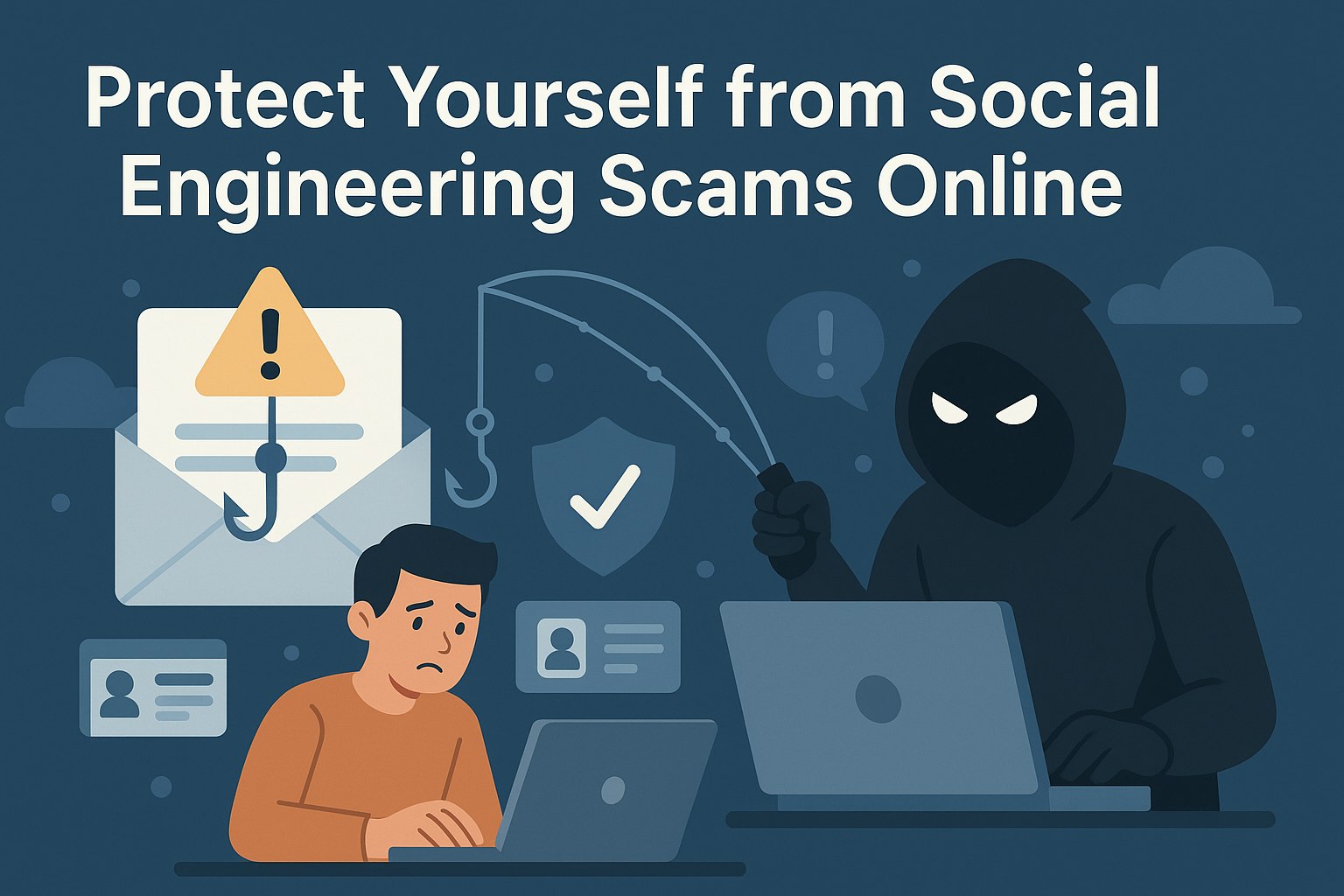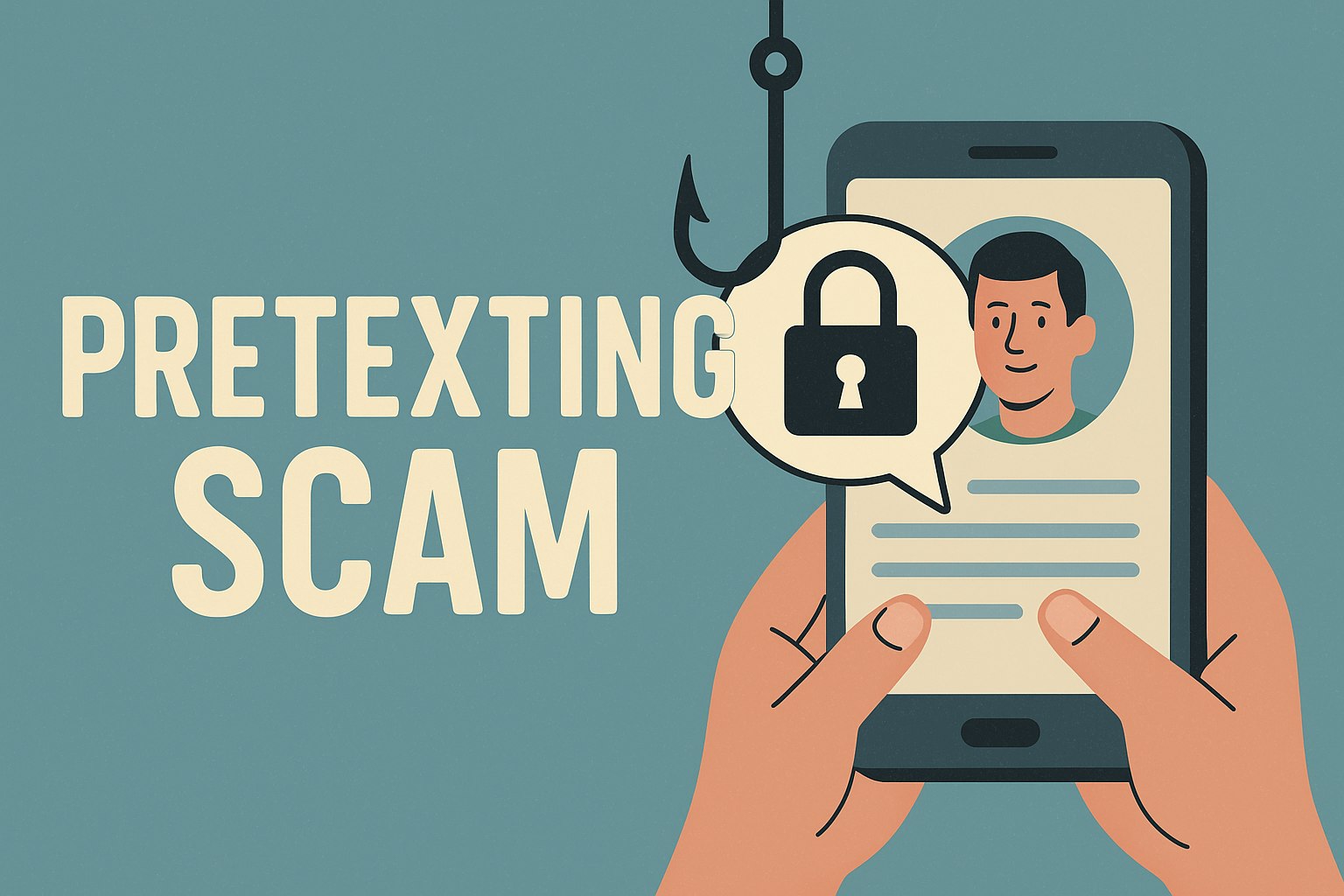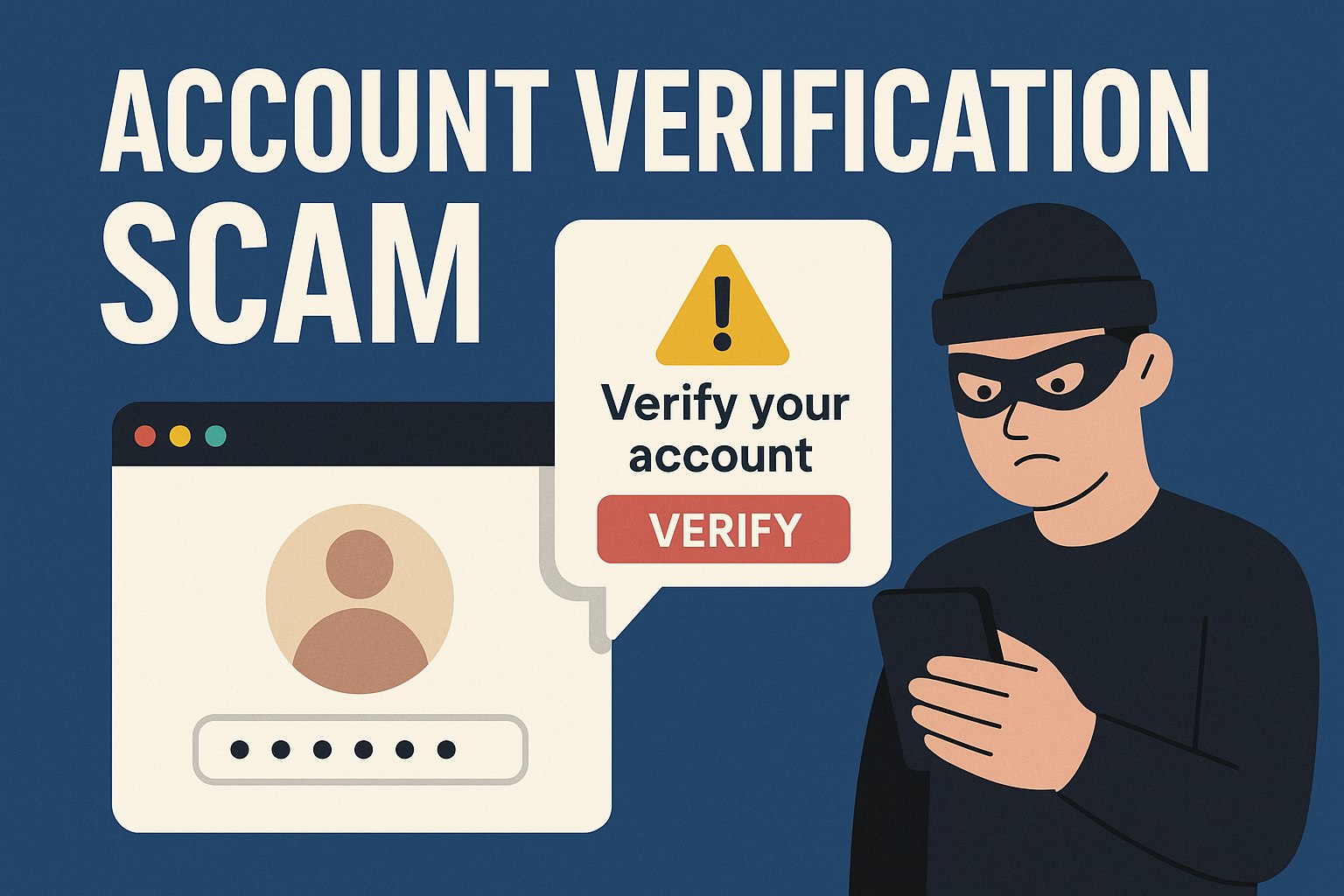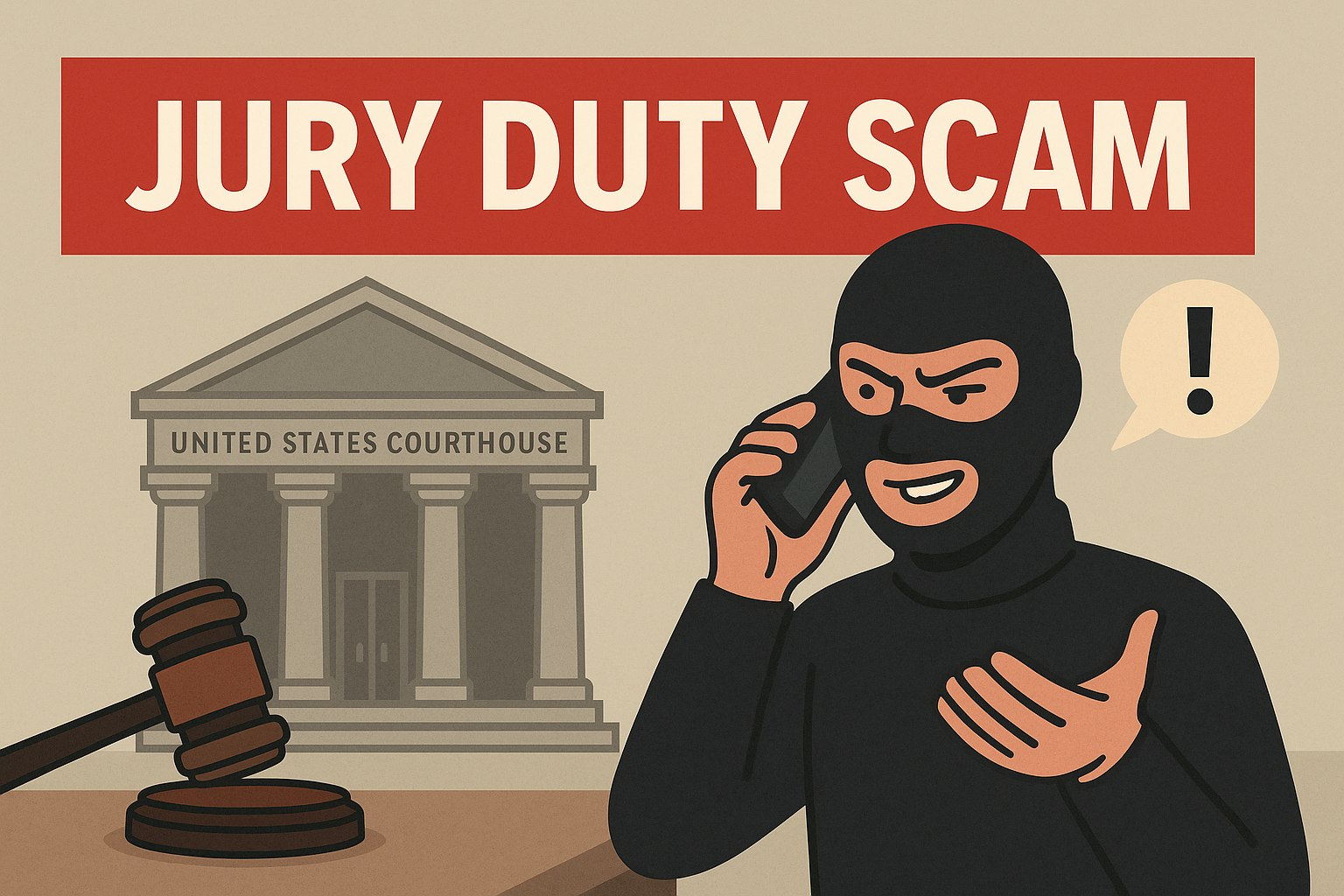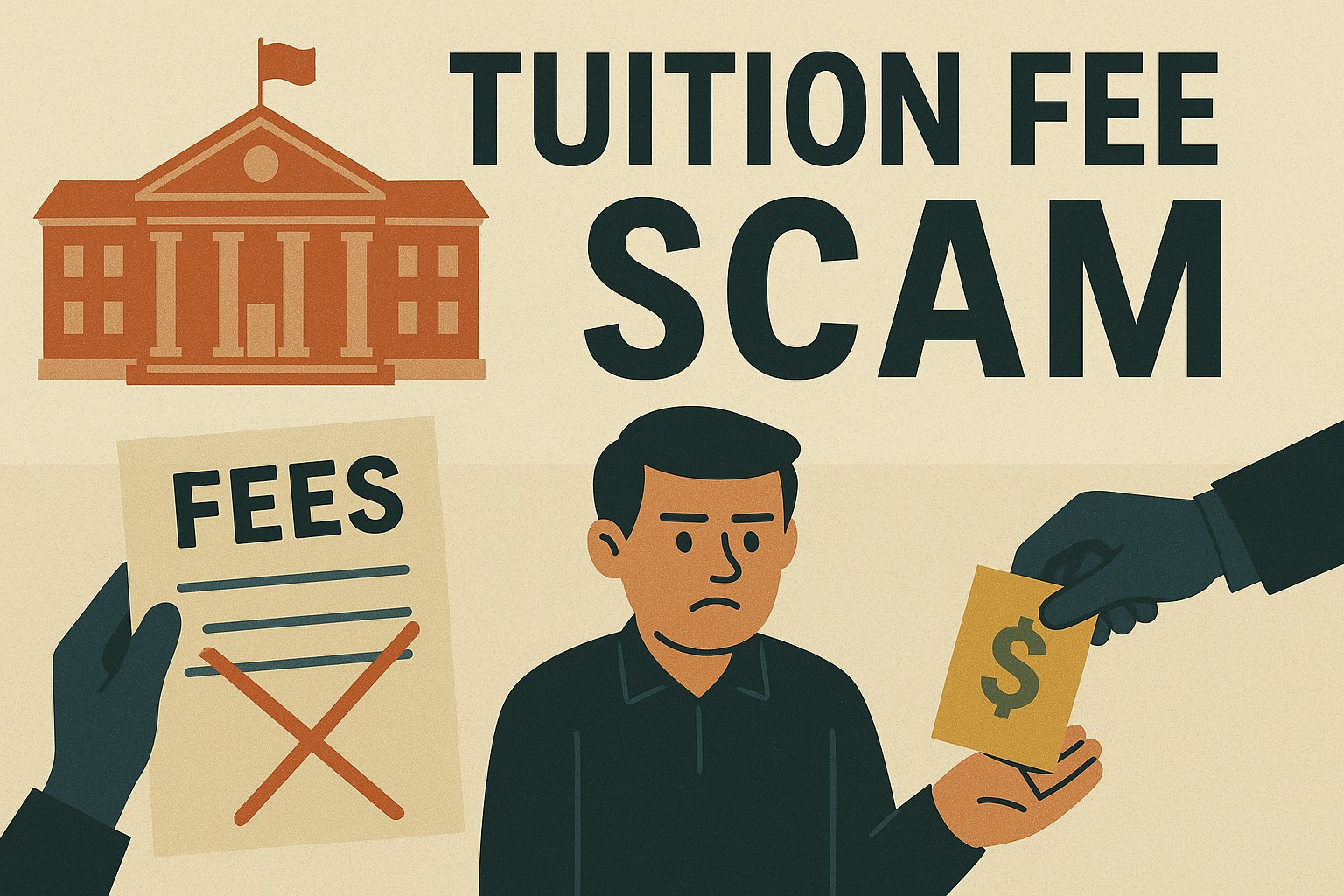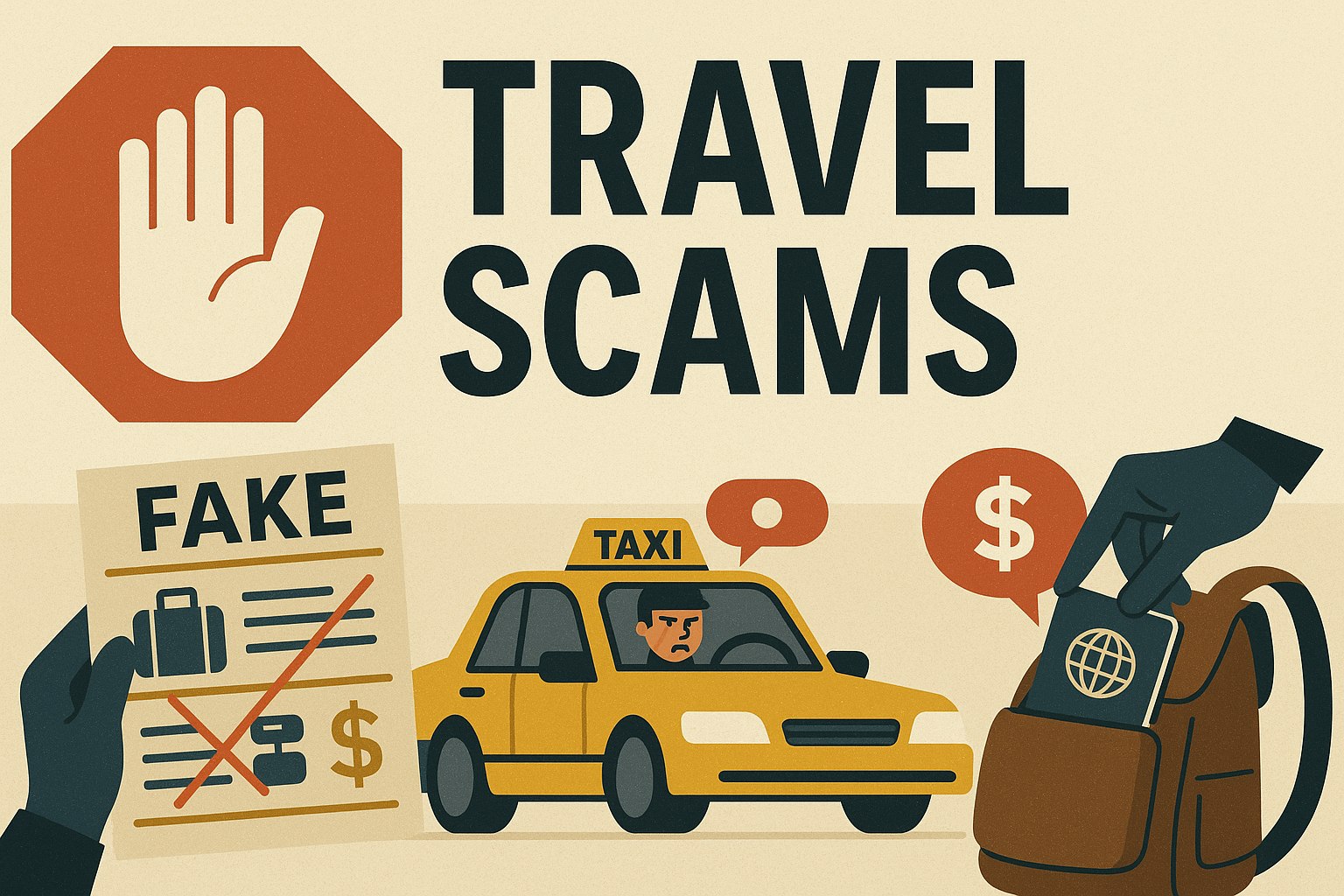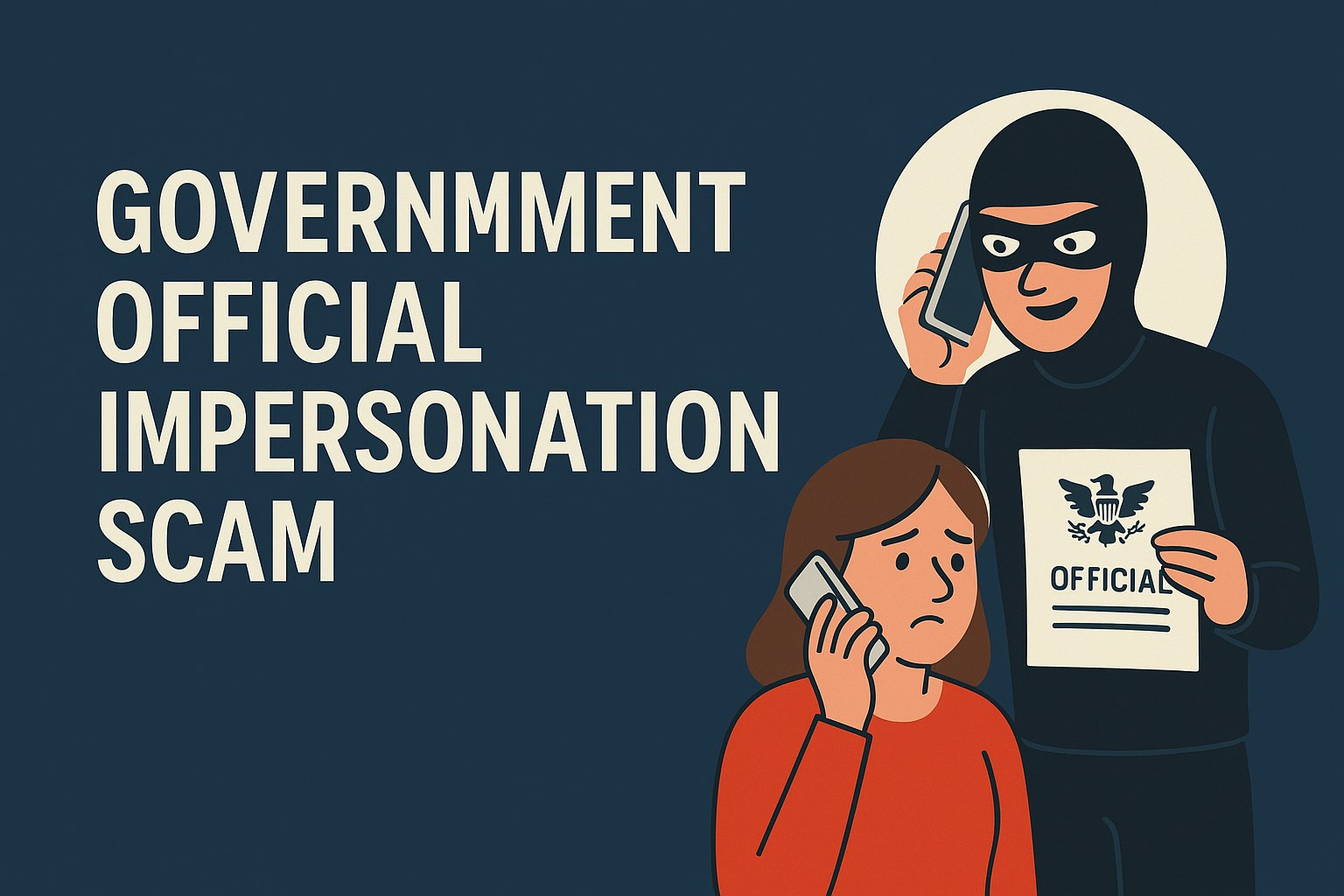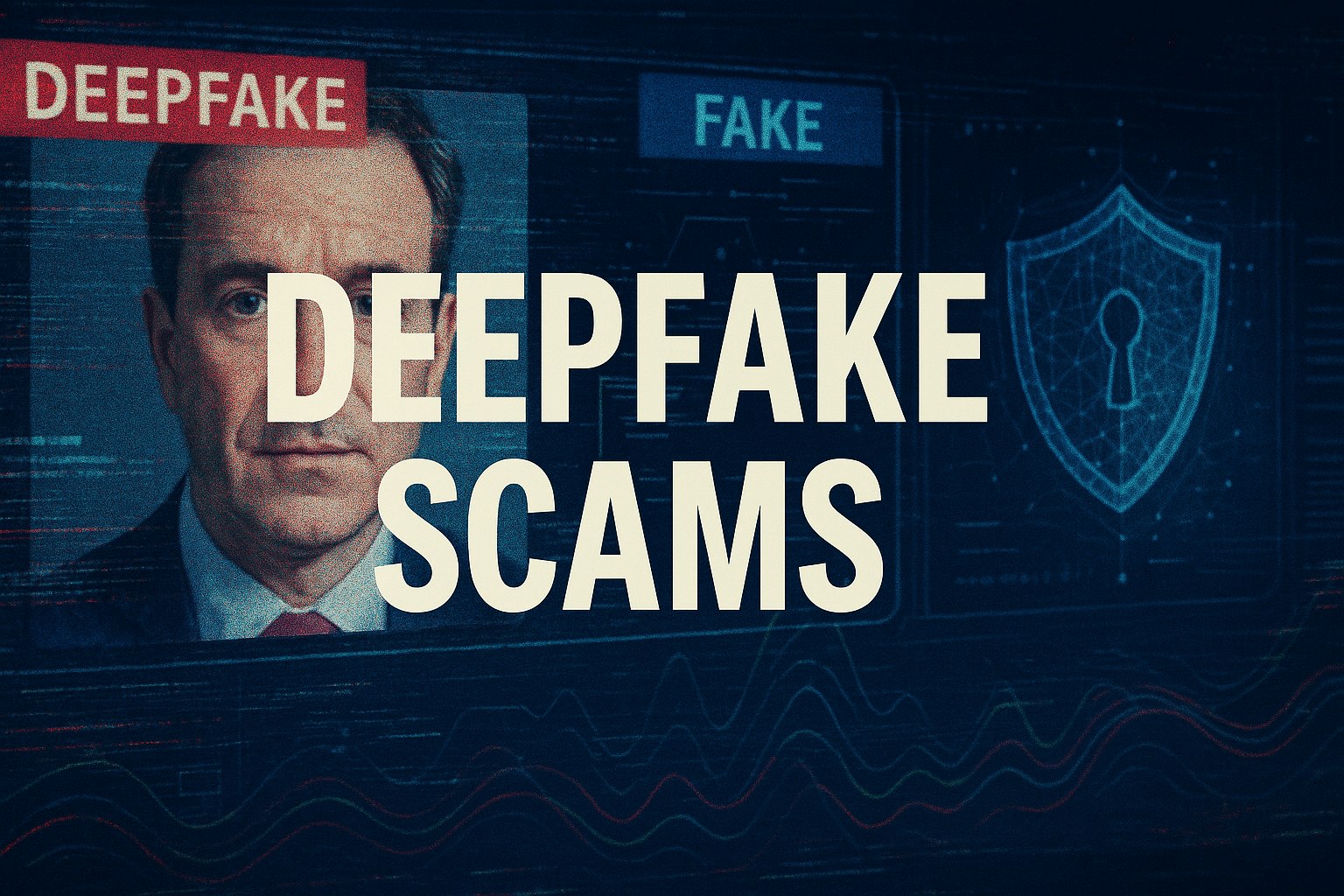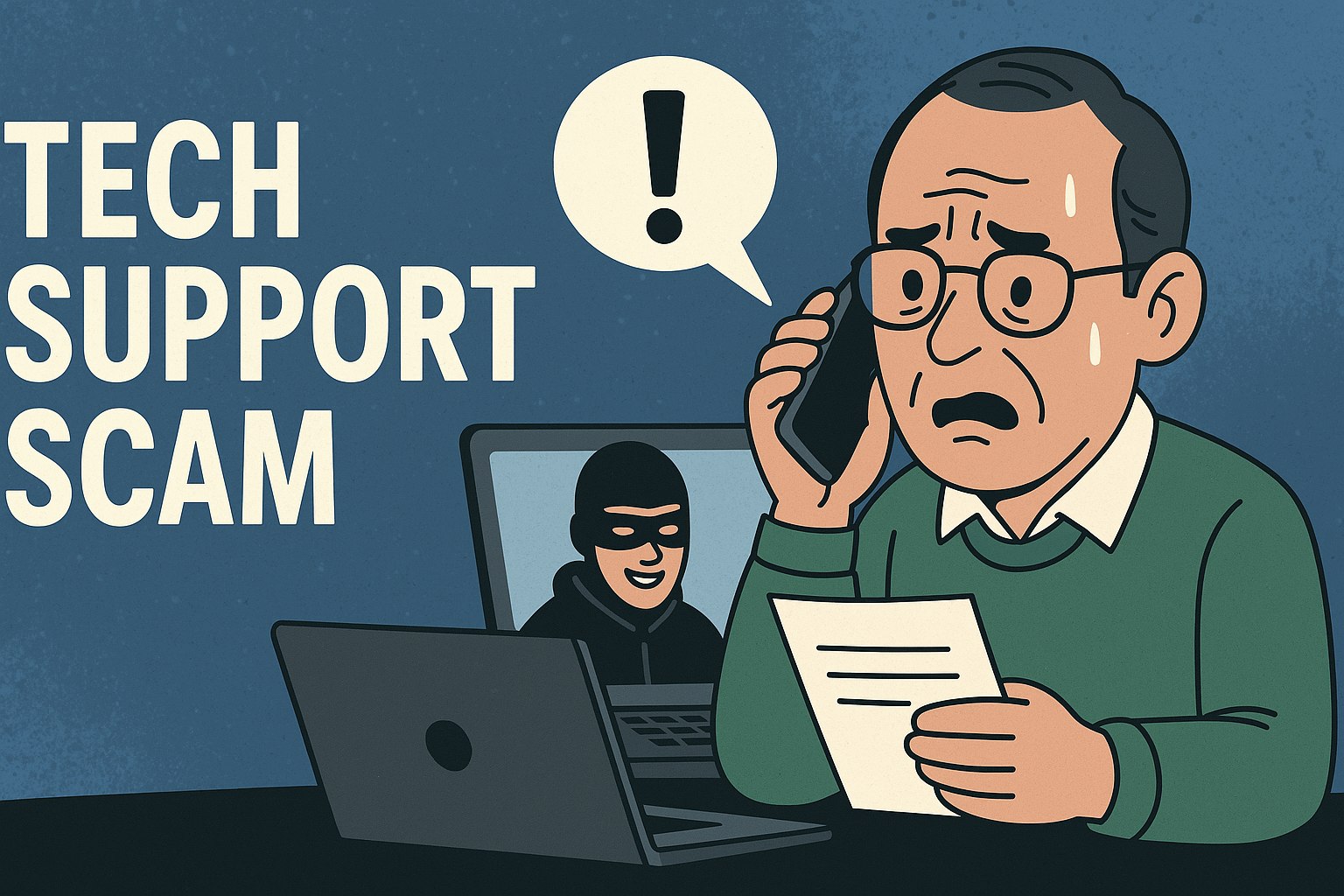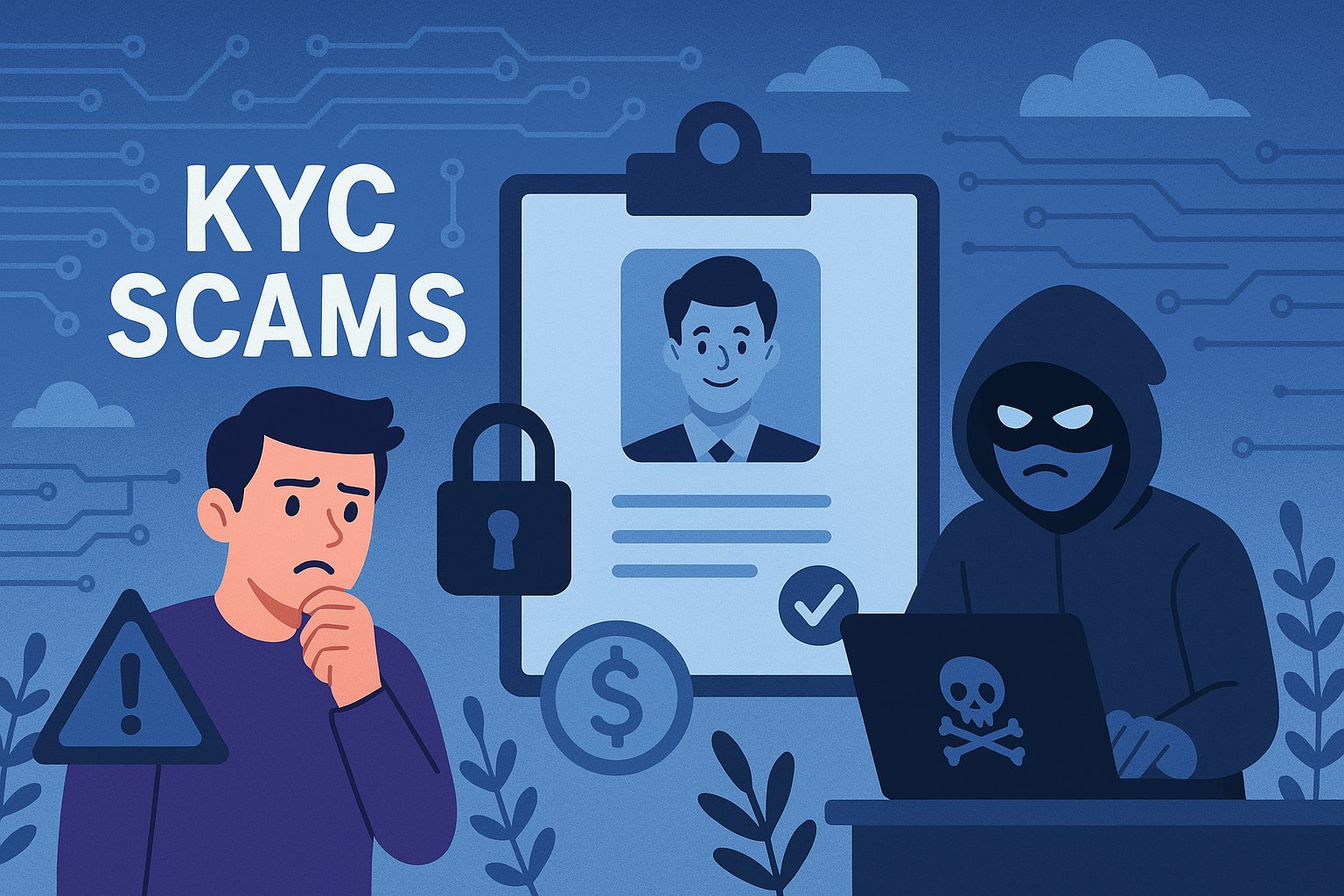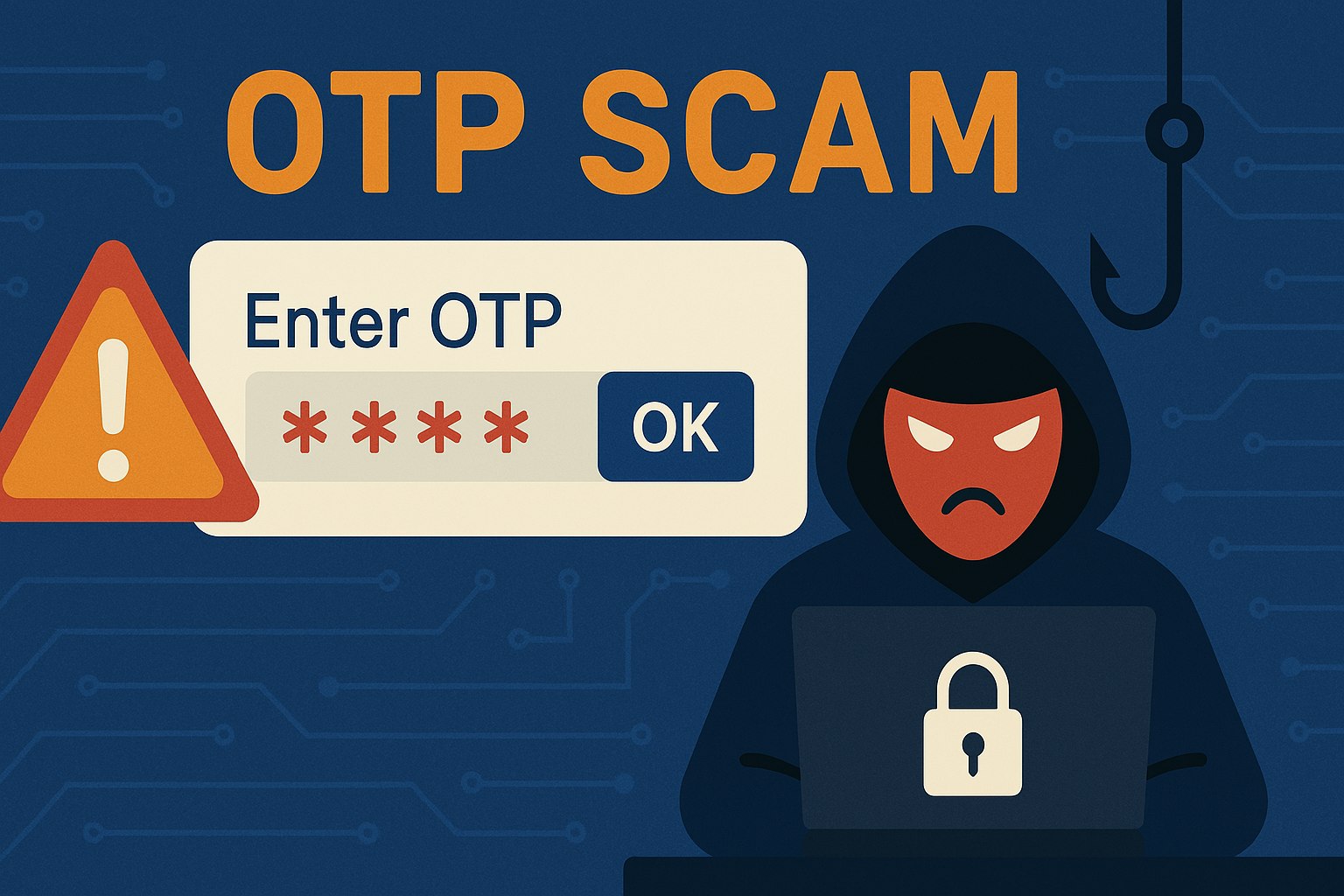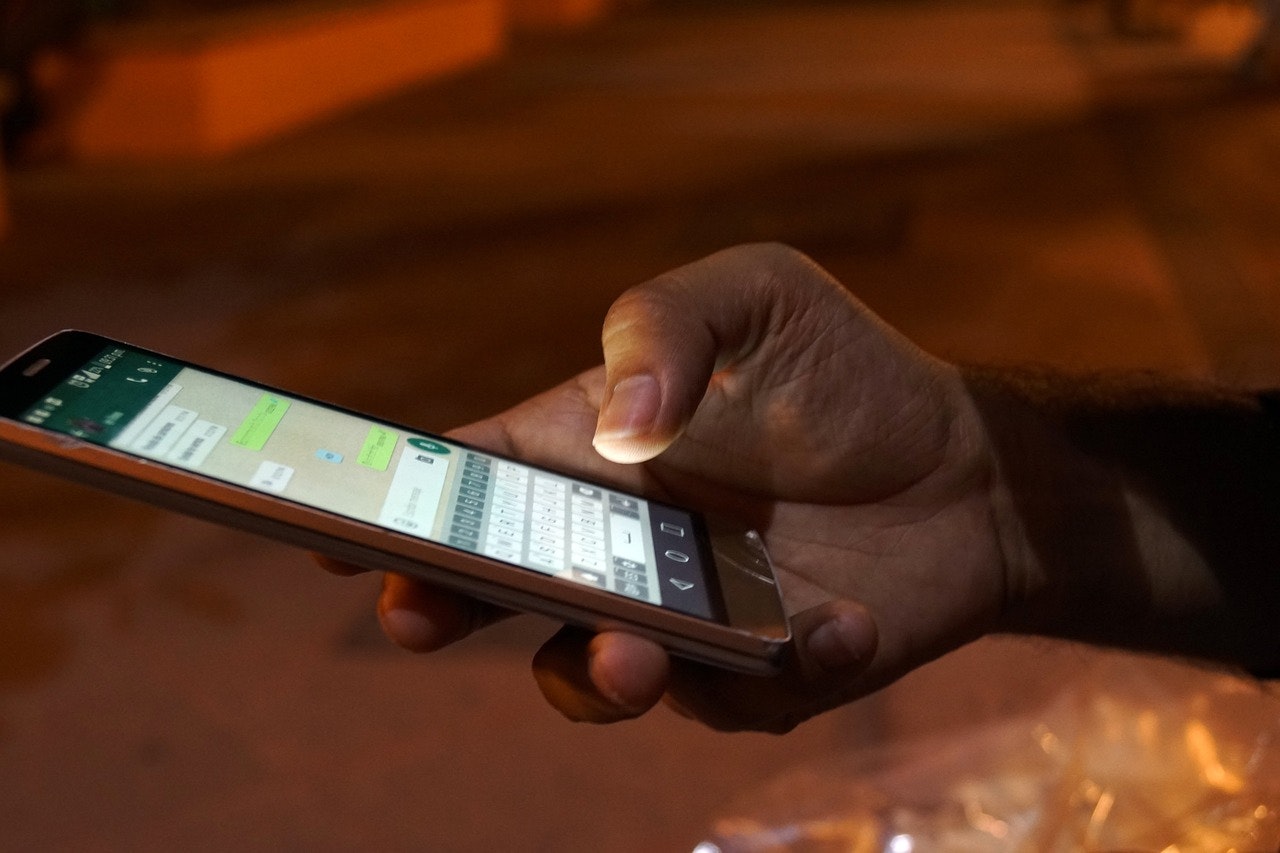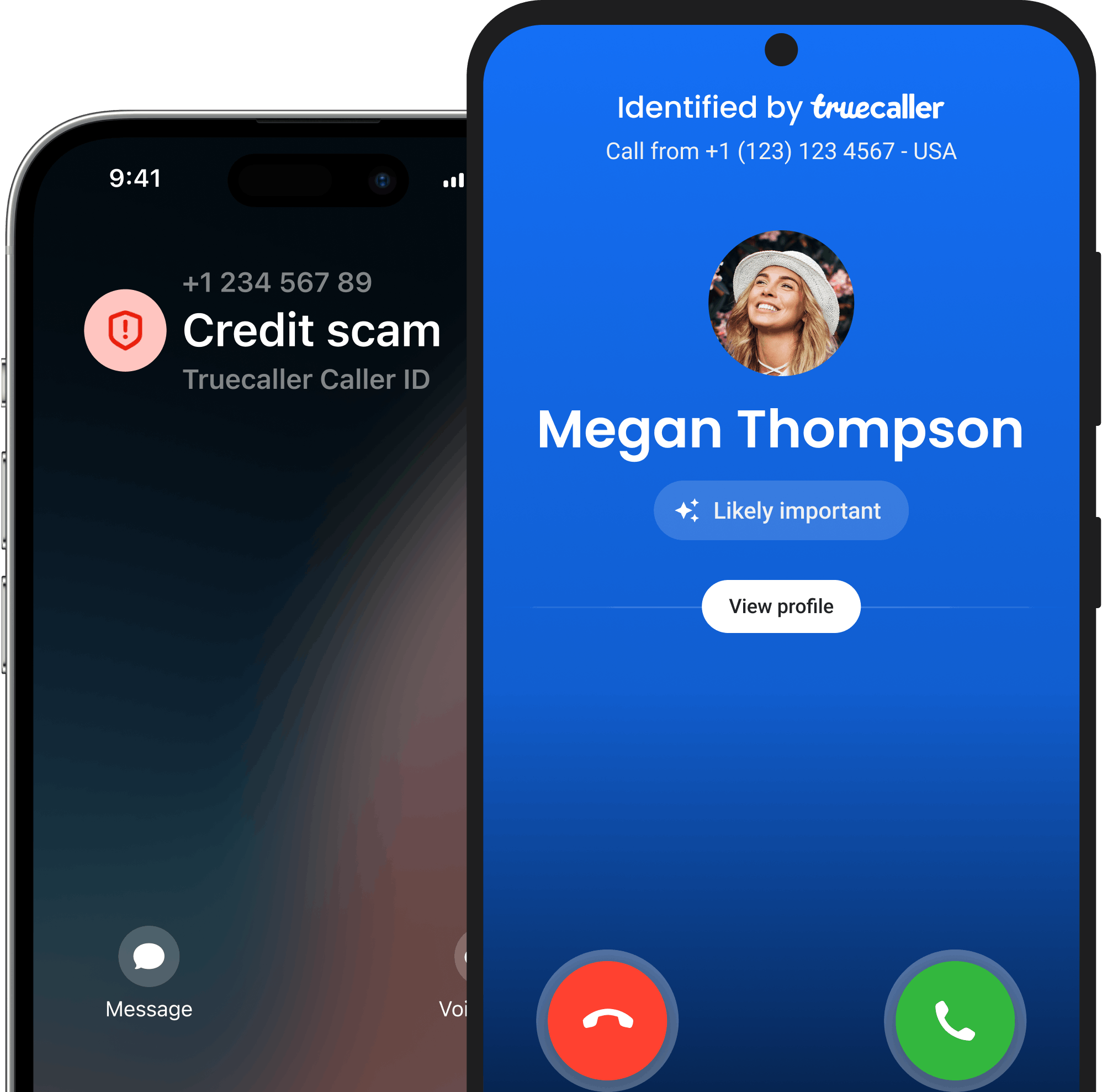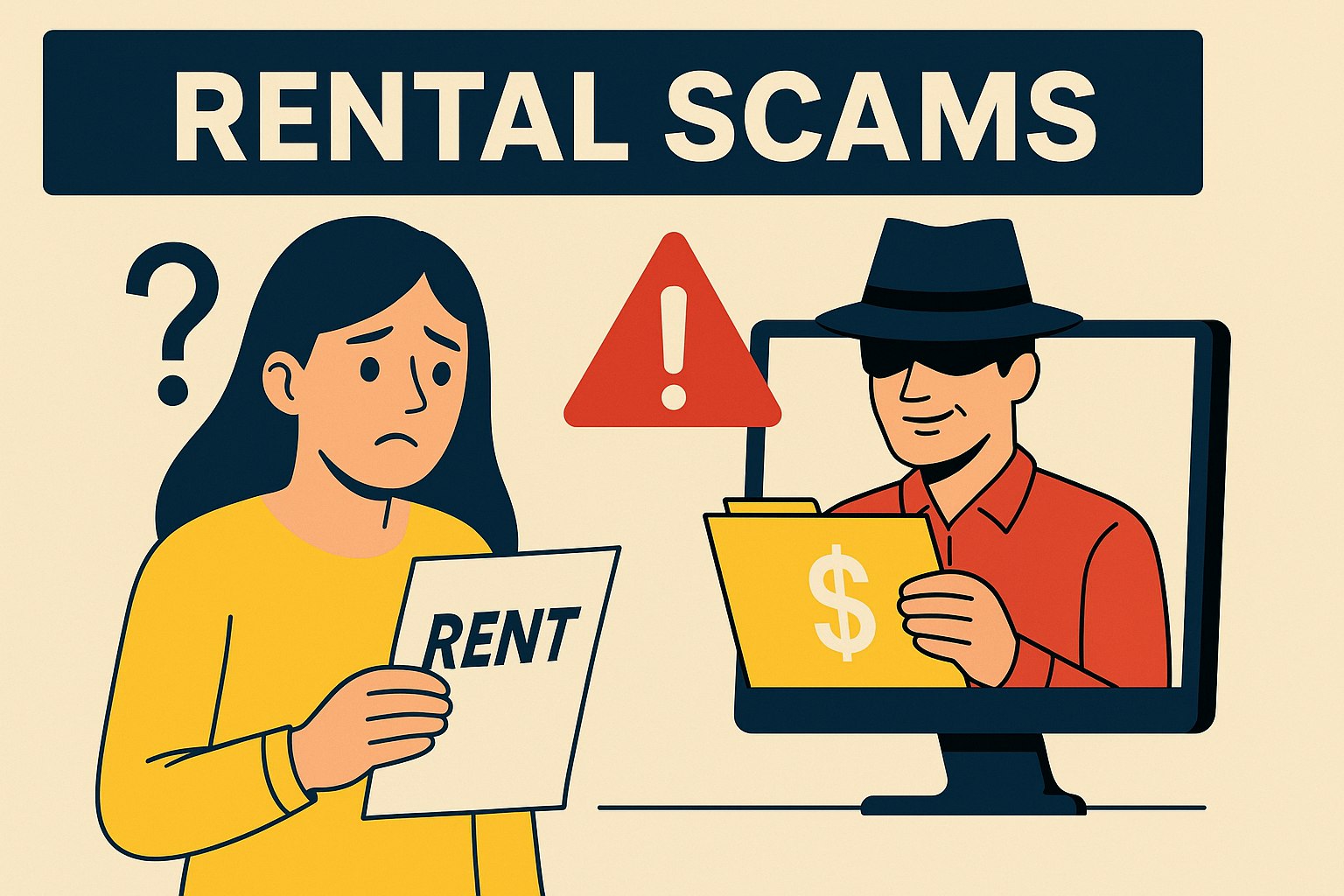
Rental Scam
What is a rental scam?
In a rental scam, bad actors deceive unsuspecting individuals by creating fake rental listings, manipulating leases, persuading potential renters to disclose their personal and banking information, attempting to rent out properties that don’t exist, and using various other tactics to swindle their targets. Read on to learn more about rental housing scams.
In Bangalore, India, a tech professional was surprised to find a listing on a popular housing website for a property in a prime locality. It was priced significantly lower than similar homes in the area. He contacted the landlord, who said that he lives in a different city and could only show the apartment on weekends. The landlord asked him to secure the deal by paying a token amount. The techie got suspicious and asked the landlord for local references but his responses were not convincing. To verify further, he requested the landlord’s payment details. His doubts were confirmed when he noticed the UPI ID appeared unprofessional. The landlord repeatedly called, insisting on an urgent payment, further proving it was a UPI scam.
These scams have spread across North America, Europe, Asia, Australia, Africa, South America, and the Middle East, with a modus operandi that is almost the same.
How to spot a rental scam?
If you find a listing that suits you, always verify it on multiple portals, such as an official property management website or government records. More often than not, these fraudsters create phishing websites with fake images and ask for upfront payments. Some malicious agents even rent long-term bed and breakfasts and pose as real estate agents to organize fake property viewings for their potential targets.
It is a huge warning sign if the person who listed the property refuses to meet with you. If, for any reason, you are unable to meet the agent or property owner in person, request a video walkthrough. They should be willing to show you the property and get to know you, as you are the one who will be using it.
This mostly happens when people need to get the place immediately. Scammers impersonating landlords or agents may tell you that this is a good deal and that you should book it immediately by making an advance payment. Don’t take the bait.
If the owner of the property, real estate agent or property manager is insisting that security deposit be paid prior to signing the lease, take that as a sign that something is wrong and do not go ahead with the deal. Fake property owners might tell you that they don’t live in the same country and need you to send the money so they can handover the keys, do not fall for it.
A common way to steal identities is by requesting personally identifiable information. Ideally, the tenant verification process should not begin until the prospective tenant has seen the house and submitted an application. Therefore, it is important to check whether the listing company has good reviews on Google and other reputable platforms, depending on the country you are searching in.
Oftentimes, you may come across a listing in a neighborhood that seems too good to be true. Scammers use this tactic to lure individuals, and once contacted, they create a sense of urgency to close the deal quickly. Please be aware that it is an attempt to steal your money.
If the listing has grammatical errors, be cautious and try to verify the listing on other trusted portals as well.
Read the contract terms carefully and make sure they are properly signed. Be cautious of high deposits, vague language, or anything that feels rushed, these are all red flags.
It is important to ensure that things are being done the right way. If the landlord or listing company is professional, they would want to verify the tenant’s credit score and check if they caused any issues in previous rentals. In general, they should conduct a legitimate screening process. If they don’t, it’s best to steer clear.
Asking for payments through cryptocurrency, wire transfers, gift cards, or cash is usually untraceable. Be cautious of such requests, especially if the link redirects you to a different website.
How to protect yourselves from rental housing scams?
There are a few basic things that you need to keep in mind to protect yourselves from housing scams:
- Verify the listing: Always rent from a reputed property management company, check their Google reviews and verify from other legit sources about the reputation of the company.
- Meet the landlord or property manager in person: Whether you are renting directly from the owner or through a rental management company, make sure to meet the landlord or property manager in person. Ask for their business card or a valid ID. Do not hesitate to ask questions, and remember that the person renting the property should also be eager to meet you and interested in getting to know you, as it ensures the property will be in safe hands.
- See the property in person: Always ensure that you visit the property and take a tour. If, for any reason, you are unable to do so, insist on an online tour.
- Upfront payments: If the landlord or property manager is asking for money upfront against security deposit or rent, consider it a red flag.
What to do if you are a victim of a rental scam?
Try to document everything that has happened. Keep a record of all conversations between you and the scammer, any documents exchanged, sensitive details shared, payments made, and screenshots of the listing.
To prevent illegal transactions from your account and report any payments already made to the scammer, contact your bank as soon as possible. They will guide you on the next steps and may freeze your account if necessary.
If you think that the listing is fraudulent, inform the real estate company. It will help them take action against the fraudsters and potentially save other people from getting scammed
Seek help from a lawyer who specializes in consumer protection, particularly in real estate dealings. A good lawyer can guide you through the legal process and may even help you secure compensation.
Being a community-based service, Truecaller relies on user reports to flag spam numbers, filter out messages from scammers, and identify fake companies. This helps protect others from becoming victims of rental and other types of scams.
Where to report a rental scam?
If you are in the United States, these could be some agencies you could reach out to:
- Federal trade commission: https://consumer.ftc.gov/features/pass-it-on/charity-fraud
- Internet crime complaint centre: https://www.ic3.gov/
Reporting the scam on Truecaller will help prevent others from becoming victims.
- For immediate assistance and guidance on cyber fraud, call 1930 (toll-free)
- Serious Fraud Investigation Office: https://sfio.gov.in/
- Chakshu - Report suspected fraud communication:
https://services.india.gov.in/service/detail/chakshu-report-suspected-fraud-communication
- Sanchar Saathi: https://sancharsaathi.gov.in/sfc/Home/sfc-complaint.jsp
Reporting the scam on Truecaller will help prevent others from becoming victims.
- Police Special Fraud Unit (PSFU)
Email: report@specialfraudunit.org.ng, pro@specialfraudunit.org.ng
Whatsapp: 08127609914
Voice Call/SMS: 07082276895
Social Media: Facebook - Economic and Financial Crimes Commission (EFCC)
Email: info@efcc.gov.ng
Phone number: +234 8093322644, +234 (9) 9044751
Social Media: Facebook, Twitter, Instagram - Independent Corrupt Practices Commission (ICPC)
Email: info@icpc.gov.ng
Phone number: 08076369259, 08076369260
Social Media: Instagram, Twitter, Facebook
Reporting the scam on Truecaller will help prevent others from becoming victims.
- Action fraud: https://www.actionfraud.police.uk/charities
- Fundraising regulator: https://www.fundraisingregulator.org.uk/complaints
- GOV.UK: https://www.gov.uk/report-suspicious-emails-websites-phishing
- National cyber security centre: https://www.ncsc.gov.uk/
Reporting the scam on Truecaller will help prevent others from becoming victims.
- CSA Singapore: https://www.csa.gov.sg/cyber-aid
- File a police report at https://eservices1.police.gov.sg
Reporting the scam on Truecaller will help prevent others from becoming victims.
- Scamwatch: https://www.scamwatch.gov.au/
- Email: ReportScams@ato.gov.au
- Scam helpdesk: https://www.servicesaustralia.gov.au/phone-us?context=64107#scams
Reporting the scam on Truecaller will help prevent others from becoming victims.
- South African Fraud Prevention Service: https://cybercrime.org.za/reporting
- Internet Service Providers’ Association (ISPA): https://ispa.org.za/safety/report-cybercrime/
- In case of SIM fraud, please contact your mobile service provider
Reporting the scam on Truecaller will help prevent others from becoming victims.
- Online: Cybercrime Investigation Unit (Korean National Police Agency) https://cyberbureau.police.go.kr/eng/index.do
- Phone: 182
- Korea Internet & Security Agency (KISA) – Cyber Incident Response Center: https://www.krcert.or.kr
- Phone: 118 (Cybercrime and Online Fraud Hotline)
Reporting the scam on Truecaller will help prevent others from becoming victims.
- Office of cybercrime: https://cybercrime.doj.gov.ph/contact-us-2/
- Email: cybercrime@doj.gov.ph
- National Bureau of Investigation (NBI) – Cybercrime Division: https://nbi.gov.ph/
- Philippine National Police (PNP) – Anti-Cybercrime Group: https://acg.pnp.gov.ph/
Reporting the scam on Truecaller will help prevent others from becoming victims.
- Canadian Anti-Fraud Centre (CAFC): https://antifraudcentre-centreantifraude.ca/report-signalez-eng.htm
- Local police (non emergency line)
Reporting the scam on Truecaller will help prevent others from becoming victims.
- Federal Criminal Police Office (Bundeskriminalamt - BKA): https://www.polizei.de/Polizei/DE/Einrichtungen/ZAC/zac_node.html
- Local police
Reporting the scam on Truecaller will help prevent others from becoming victims.
- Online: https://www.service-public.fr
- Phone: Call 17 or go to the nearest police station
Reporting the scam on Truecaller will help prevent others from becoming victims.
- Spanish National Police (Policía Nacional): https://www.policia.es
- Grupo de Delitos Telemáticos" (GDT) email: gdt@guardiacivil.org
- Online form: https://www.guardiacivil.es
Reporting the scam on Truecaller will help prevent others from becoming victims.
- Contact local police
- Phone: 114 14
- Online information:
Reporting the scam on Truecaller will help prevent others from becoming victims.
- Japan Anti Fraud Organization: https://japanantifraud.org/report-a-fraud-in-japan/
- Police advisory service for non-emergency: #9110
Reporting the scam on Truecaller will help prevent others from becoming victims.
- Internet safety concern: https://report.netsafe.org.nz/hc/en-au/requests/new
- Cyber security issues: https://www.cert.govt.nz/report/
- Phone: 0800 CERT NZ (0800 2378 69)
- Phone: 111 Immediate threat (emergency no)
- Phone: 105 (non emergency)
Reporting the scam on Truecaller will help prevent others from becoming victims.
- UAE Cybercrime Reporting: https://www.ecrime.ae
- Dubai Police: https://www.dubaipolice.gov.ae
- Abu Dhabi Police: Contact Aman Service 8002626 (tollfree)
- Email: cert@ae.gov.ae.
- Al Ameen Service (Dubai & UAE-wide): Call 8004444
- Email: www.alameen.ae (report anonymously)
Reporting the scam on Truecaller will help prevent others from becoming victims.
Conclusion
If you are looking to rent a property, beware of the ongoing scams in your area. The tricks used by scammers are getting more sophisticated and difficult to decipher due to their enhanced technological capabilities. From creating phony websites to impersonating a landlord or a property management company, they use it all to scam people. It is therefore advisable to always verify the listings, search through reliable sources, and never pay money upfront without reading the lease thoroughly. And always rent through trusted companies. The Truecaller app helps protect the community by filtering SMS and phone calls from scammers and bad actors.
